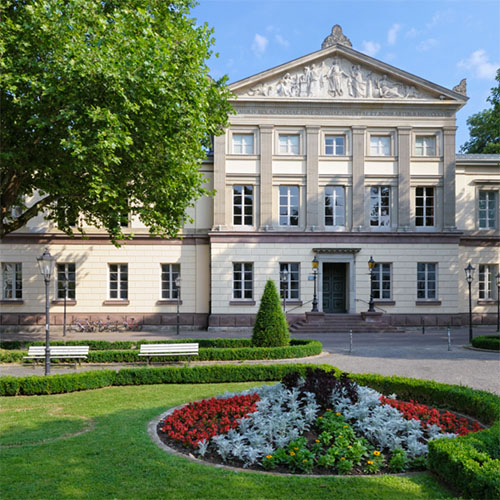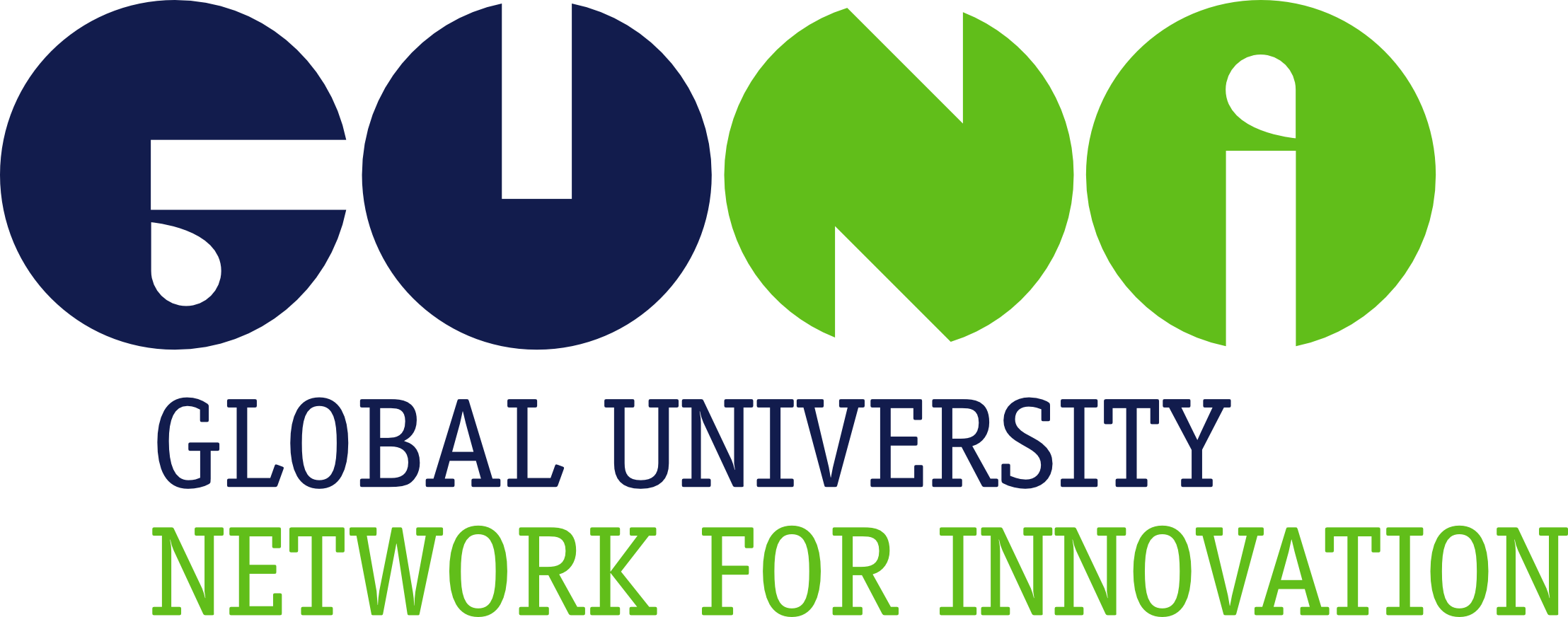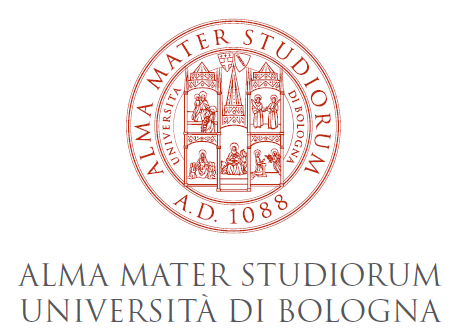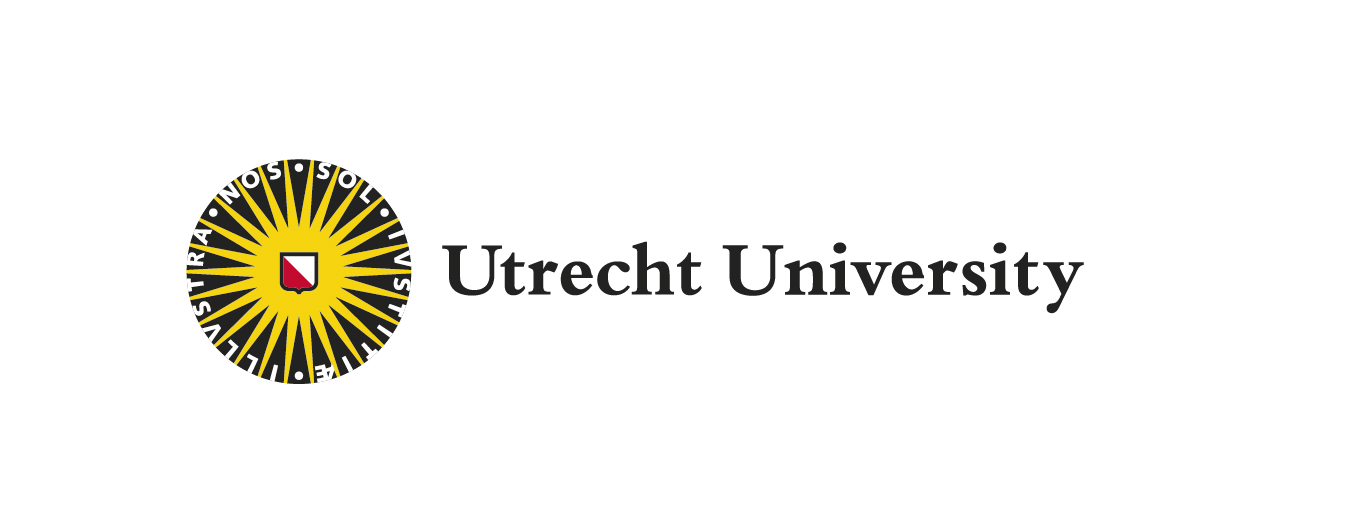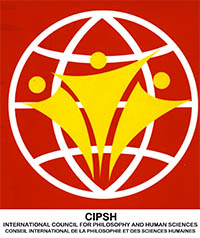Network of European Humanities.21
A Network associated to CIPSH. Headquartered in the Institute for Intercultural German Studies, Faculty of the Humanities, the University of Goettingen, Germany.

European Dimension
It focusses on the development of critical and creative perspectives on European social cultural values such as: human rights, solidarity and critical democratic participation, tolerance, equality and non-discrimination and to study the extent to which they play out in the public life of multiple communities in Europe today.
NEH21.net also supports the following principles in Humanities research: integrity, academic freedom, trustworthiness, responsibility, diversity and openness.
International Network
The European Research Team is closely linked with international researchers, research and educational institutions as well as networks. As a European group, it also feels responsible for the European and global research and education system and for the role of the humanities in the European and global context.

Research Areas
Environmental Humanities
The Environmental Humanities are an interdisciplinary and emerging research field which aims to connect human activities, such as culture, politics and economics, to the environment, understood in its broadest sense, and with attention to physics, biology and geography, amongst others. It raises issues linked to the Anthropocene, the place of humans in planetary history, and their ability to self-destruct and the motivation to construct sustainable futures. The environmental humanities studies ways to develop social imaginaries that move beyond the extremes of apocalypse and utopia, to provide concrete ways to raise public awareness of global climate change.
Biomedical Humanities
The Biomedical Humanities move beyond bioethics to develop an interdisciplinary field that studies the impact of genomics, synthetic biology, stem-cell research, but also the neural sciences, not only on medical practice, but also on society as a whole. Related terms are the Bio-humanities, the Medical Humanities, the Neural Humanities, or the Evolutionary Humanities. Special attention in this field could be paid to Disability Studies (Goodley, Lawthorn and Runswick, 2016) and social studies of the Life sciences (Rose, 2013) and to alternative ways of caring for both the human and the non-human inhabitants of the planet. The understanding of the transformation that is initiated by the Biomedical Humanities has become increasingly urgent in light of the Covid-19 pandemic of 2020.
Public Humanities
The Public Humanities aim at using the potential of the humanities to connect to a broader societal purpose. By critically assessing heritage, civic culture, and traditions, the public humanities try to (re)connect the humanistic studies which gathered its information from human society back to that society (Quay and Veninga 1990). Associated with this are for example the Experimental Humanities, the domain of Cultural Heritage Studies, Engaged Humanities (Jay 2010) and Public Sociology.
Digital Humanities
The Digital Humanities connects the debate about the new digital media and information technologies to the civic mission of the university to train responsible, active and informed citizens. A related term is Humanistic Informatics. It raises issues of digital citizenship, security and surveillance, warfare and cybercrime. Special attention is paid to the historical, cultural and literary aspects of the field (Hayles 1999, 2005). In a more specific definition, the Digital Humanities covers all efforts of utilizing and developing digital data and digital methods in and for the Humanities disciplines.
Intercultural Humanities
The Intercultural Humanities share common concepts such as the appreciation or recognition of the Other and different constructions of reality, the perspective on difference as a resource, self-reflection and reflection on the Other, the focus on commonalities and the goal of cooperative design or the use of synergies. Interculturality is a research perspective that has been adopted in many humanities disciplines (e.g. intercultural German studies, intercultural theology, intercultural art, etc.) [but also in sciences, pedagogy, economics, political science]. It questions the meaning and relevance of culture and culturality as a dimension of texts / objects such as knowledge, horizon of experience and perception of the reader, the teacher and the researcher. It is an intermediate position, an in-between, in which the processual and reciprocal production of the self and the other takes place. From the perspective of the actors, interculturality is a cognitive process that emerges from this self-reflexive perception and experience of cultural plurality and helps to overcome ethnocentrism by making it possible to think and anticipate the perspective of the other in one’s own construction of reality and in one’s own actions/research and teaching.




